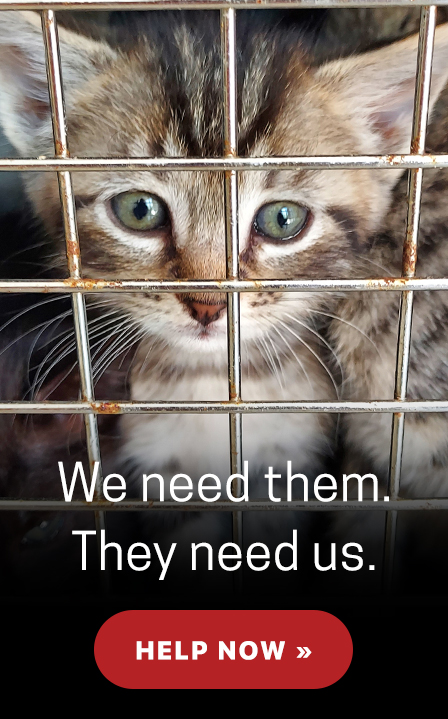As daily life begins to return normal, families are hopping at the chance to celebrate the onset of spring. American Humane, the country’s first national humane organization, is encouraging families to follow our tips for celebrating a humane Easter.
Never Give Animals as Presents
Animal shelters across the country see a spike in need for unwanted rabbits during the weeks and months following Easter. Live animals should never be given as unexpected presents. Most families are unprepared for the reality of pet ownership and small animals like bunnies, even though they are adorable, still require a lot of work and attention. Each family should be prepared to house, feed, provide veterinary care for and love a rabbit for at least 10 years before bringing one into their home.
Keep Candy Away from Dogs and Cats
Many parents find it hard to avoid sneaking into their child’s Easter basket before the holiday, but pets are tempted by holiday treats, too. Candy and chocolate can affect a pets’ nervous system if ingested, and xylitol, an ingredient found in sugar-free candies and gum, can be toxic to dogs and cats. The colorful plastic grass and eggs found in Easter baskets can also prove dangerous: pets love to nibble on them and, if ingested, these decorations can lead to a blockage of their tiny digestive tracts. To keep pets safe, keep Easter baskets and candy on high shelves, away from the reach of a curious dog or cat.
Do Not Indulge the Dog
As it becomes safer to spend time with loved ones, holiday meals are an incredible thing to share with friends and families. As you sit down for your feast, make sure your pet is not given table scraps of pork roast, ham, or other fatty cuts of meat. Dogs and cats can develop digestive issues or pancreatitis if they consume excessively fatty foods, and the twine that is often used to hold these cuts of meat together can block their digestive tracts.
Dye Eggcelently
Eggs are an ever-present part of Easter celebrations, whether as part of an egg hunt or egg dying. When perusing the aisles of the grocery store, you can take an active role in the promotion of farm animal welfare by seeking out and purchasing eggs from farmers who treat their birds with care. Humanely raised hens are not raised in cages and are provided adequate space to move, food, water, light, health and allowed to engage in natural behaviors, such as dust bathing.
Set a Humane Table
More people than ever before are concerned about the welfare of animals on farms and ranches. Home cooks can choose to set a humane table for their holiday feasts by seeking out products from farmers that go above and beyond industry standards to do right by the animals in their care. Seek out protein products that carry the American Humane CertifiedTM seal. Set an example for your children this Easter by choosing foods that come from humane farms.


